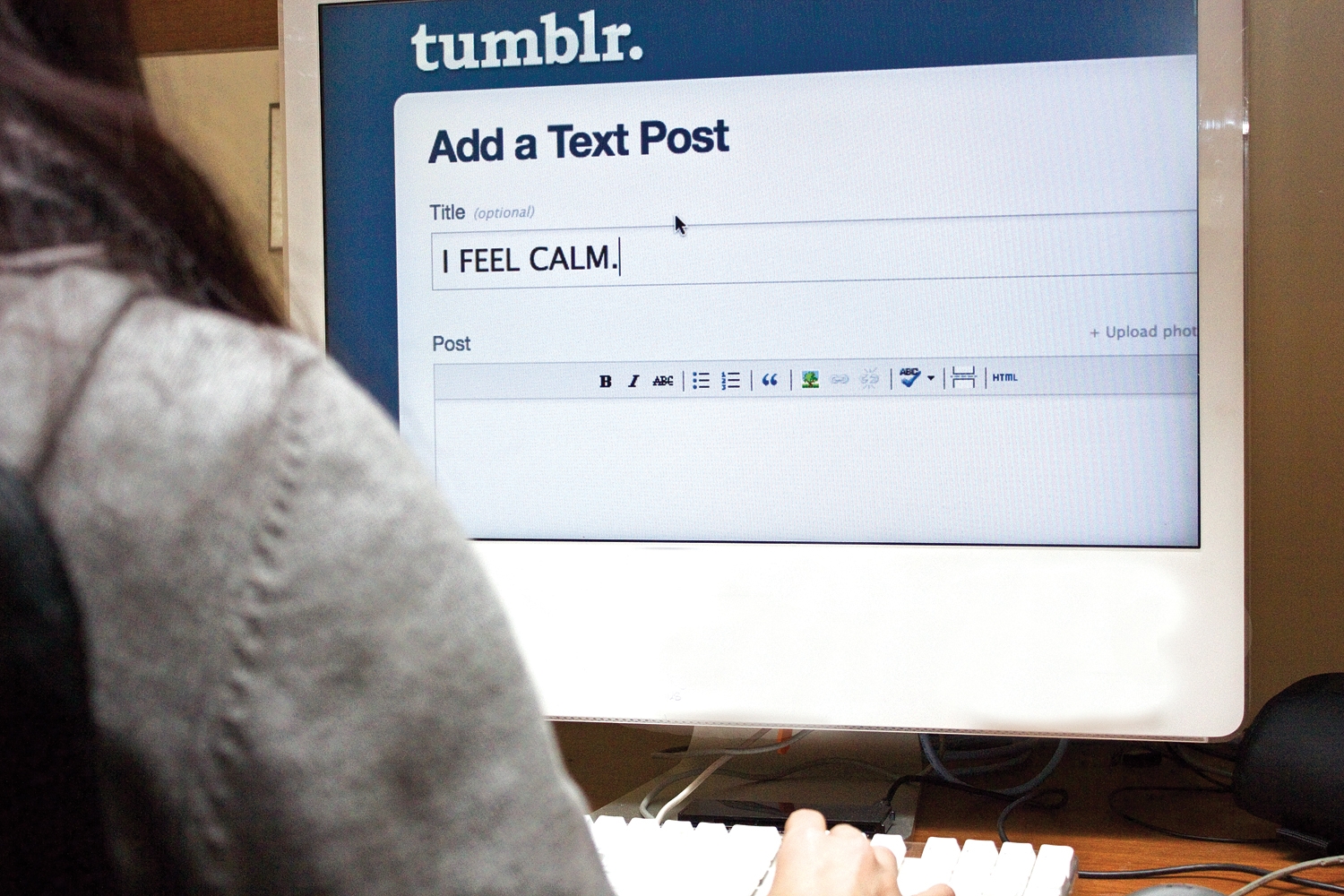Blogging and social media have positive psychological impacts, study finds
Staff writer
@excalweb

New research says blogging may have psychological benefits for teenagers suffering from social anxiety or low self-esteem.
The paper, “The Therapeutic Value of Adolescents’ Blogging About Social–Emotional Diffculties” by Israeli researchers Dr. Boniel-Nissim and Dr. Barak, says writing a blog about social and emotional difficulties, having the blog open to responses, and interacting with readers leads to the biggest psychological improvement.
Blogging, the study says, is beneficial to teens and young adults in dealing with emotions. Contrary to cyberbullying fears, the blogosphere provides teens “with a safe area for self-exposure.” Blogging can “improve self-image, increase self-confidence, and gather friends.”
The study says blogging is considered ideal for anyone who is stressed, depressed, and anxious.
Psychologists have recommended writing in the past as a method of emotional venting and problem solving. Writing, the authors of the study say, “influences the emotional state, as well as the social behavior of the writer.”
But blogging is different from writing in a journal. “Online writing enables free expression, easy rereading and editing, and convenient communication with others,” the study goes on to say.
Bloggers are in control of the interpersonal conversation online. Teenagers can modify their thoughts and decide if they would like their blog to be open to other peoples’ posts. The interpersonal sharing with others helps teens reduce their social stress.
“The virtual environment gives [teens] a feeling of privacy and a sense of protection from exposure[…]or physical contact,” the study says, “which might be threatening in face-to-face encounters.” Bloggers can hide personal information from family and friends, but can engage in conversations with strangers who can give them advice.
Generally, teens are confident sharing their feelings online due to the anonymity and invisibility of the internet. Instead of seeing others’ reactions by sharing their problems publicly, they can focus on the content. Because of this, blogging is a bigger release for teenagers.
In the study, a total of 161 teens participated, with 124 girls and 37 boys. They were asked to rate themselves by their level of self-esteem, peer relationship, and interpersonal activities. During the study, experts evaluated “the participants’ social–emotional condition” by reading their blog posts.
In total, participants were rated on 30 posts. The first and second group posted messages in their blogs on “their thoughts and feelings concerning their social circumstances and interpersonal relationships.” The first group opened their blog to others, the second did not. The third and fourth groups wrote “about any subject they wished.” The third group opened their blog to the public where the fourth group did not. To balance the study, a fifth group served as a control by writing entries in their personal diaries.
Unlike diarists, the study shows that, “online writers describe their writing process as a dynamic dialogue.”
Blogs and social media platforms like Facebook and Twitter combine public and private worlds. Writers can construct identities online. By constructing their own identity, teens can manage the intimate details they choose to share or withhold from others.
Bloggers, the researchers imply, are in control even if their situation is spiralling out of control-—a comforting thought whenever a blog is updated.



